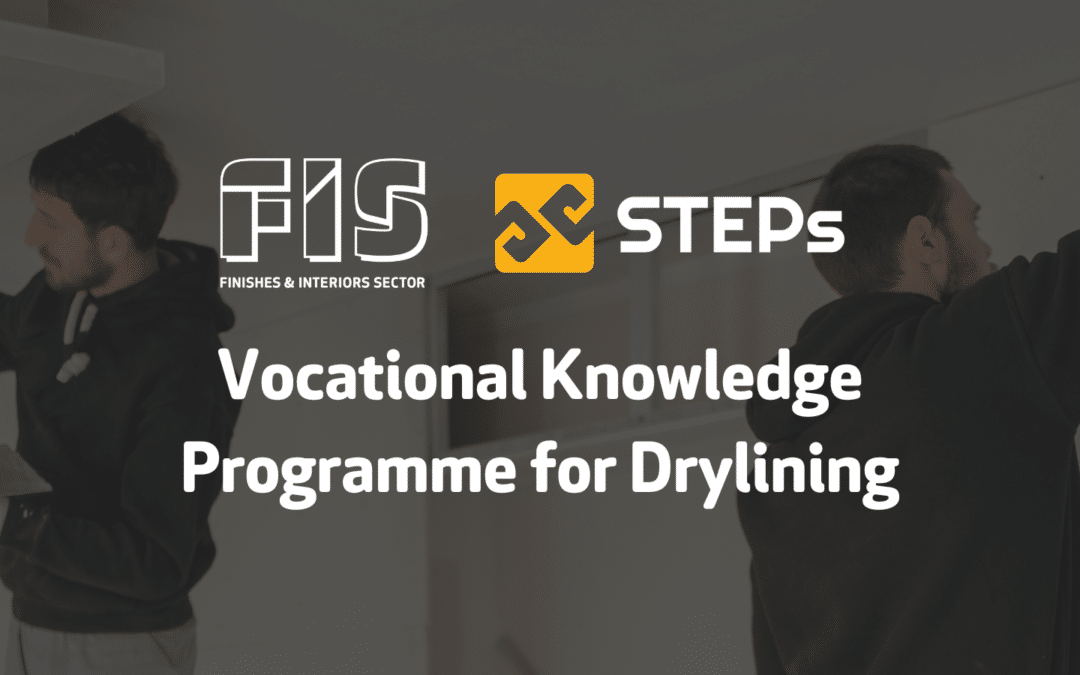
Work Academy focused on Drylining
Sector Based Work Academy – West London College
Registration – Friday 22nd September, 10am
Starts – Monday 25th September, 10am
Location – Southall Community College , Beaconsfield Road, Southall, UB1 1DP
What we are asking members to do is to support with the work experience and guaranteed job interview
✔Pre-employment training – focusing on requirements for the construction sector
✔Relevant sector ‘tickets’ including Health and Safety
✔Work experience placement – a great opportunity for a business to identify talent and for the individual to cement their knowledge and understanding of the required role
✔A guaranteed job interview or help with an employer’s recruitment process
Sector-based work academies are a valuable resource for those looking to transition into a new field of work. These academies provide training and education to individuals who are currently receiving unemployment benefits, with the goal of preparing them to apply for jobs in a different sector.
The placements offered through sector-based work academies are specifically designed to meet the immediate and future recruitment needs of employers. By providing individuals with the skills and knowledge necessary to succeed in a particular field, these academies help to recruit and sustain a workforce that is equipped to grow and develop a business.
Overall, sector-based work academies are a powerful tool for both job seekers and employers. They provide a pathway for individuals to transition into new fields of work and help businesses to find employees with the right skills to thrive.
The 2 Week program is designed with the aim of preparing individuals for employment in the construction sector. The program is made up of various components including pre-employment training, sector tickets, work experience placement and guaranteed job interviews. These components are put together to ensure that individuals are equipped with the necessary skills and experience to succeed in the construction sector.
Pre-employment training is an important aspect of the program as it focuses on the requirements for the construction sector. During this training, individuals will be taught about the various roles in the sector and the skills required to succeed in these roles. The training will also cover topics such as health and safety, communication and teamwork.
Relevant sector tickets, including health and safety, will also be provided to individuals as part of the program. These tickets are important as they demonstrate that individuals have the necessary skills and knowledge to work in the construction sector. Employers in the sector often require individuals to have these tickets before they can be employed.
The program also includes a work experience placement which provides individuals with the opportunity to gain practical experience in the sector. This is a great opportunity for businesses to identify talent and for individuals to cement their knowledge and understanding of the required role.
Finally, the program includes a guaranteed job interview or help with an employer’s recruitment process. This ensures that individuals have the best possible chance of securing employment in the construction sector.
For more information or to sign up to the course please email Beena Nana





